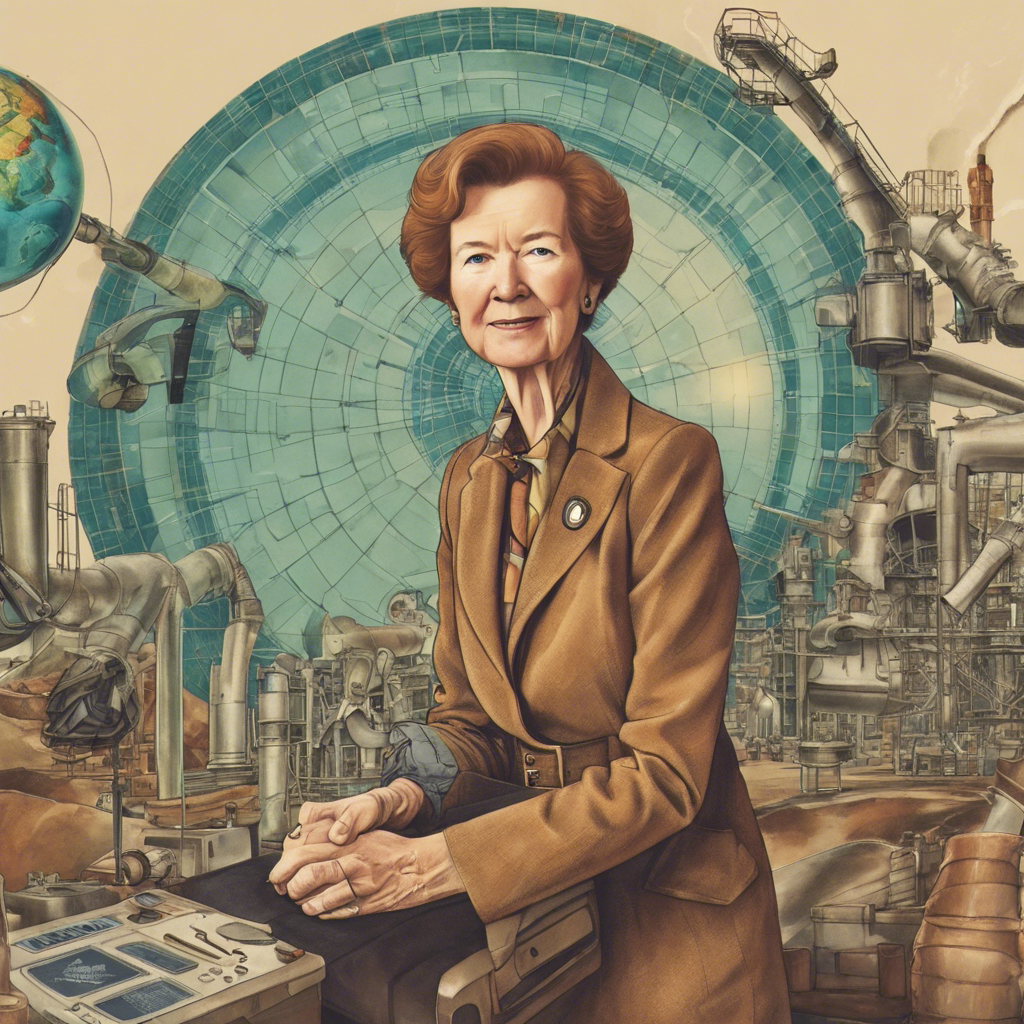“The Climate Debate: Examining the Claims of a Nobel-Winning Physicist”

Unraveling the Controversy Surrounding John Clauser’s Climate Denial
In a recent article titled “No climate crisis,” a Nobel-winning physicist declares his skepticism towards the widely accepted notion of climate change. John Clauser, a renowned physicist and Nobel laureate, has raised eyebrows with his claims that carbon dioxide emissions actually result in expanded cloud cover, leading to a net cooling effect on the Earth’s temperature. However, many experts and scientists argue that Clauser’s assertions do not align with the overwhelming evidence of rising global temperatures and record-breaking heatwaves. This article aims to delve into the controversy surrounding Clauser’s statements and provide a comprehensive analysis of the scientific consensus on climate change.
Clauser’s Claims and the Temperature Records
Clauser’s argument, which suggests that increased carbon dioxide emissions lead to expanded cloud cover and subsequently lower temperatures, contradicts the observed rise in global temperatures. Despite his assertion, temperature records from recent years consistently show an upward trend, with numerous heat records being broken worldwide. This raises questions about the validity of Clauser’s claims and the evidence supporting them.
The Role of Peer-Reviewed Research
One crucial aspect of scientific discourse is the reliance on peer-reviewed research to support claims and hypotheses. Clauser’s climate denial stance lacks the backing of published, peer-reviewed articles. This absence of scientific consensus on his assertions further weakens his argument. Experts argue that without rigorous research and analysis, it is difficult to validate or disprove Clauser’s claims.
Conflating Fields: A Category Mistake
While Clauser’s work in quantum mechanics, particularly in the field of quantum entanglement, has been widely celebrated and earned him the Nobel Prize in Physics, experts caution against conflating his achievements in one scientific discipline with his assertions in another. Science operates on the principles of hypothesis testing, confirmation, and falsification. In the case of climate science, Clauser’s claims have neither been confirmed nor falsified, highlighting the need for scientific rigor and specialization when addressing complex issues.
The Importance of Scientific Scrutiny
The controversy surrounding Clauser’s climate denial underscores the importance of subjecting scientific claims to rigorous scrutiny. Climate science involves a vast body of research, spanning multiple disciplines and involving countless experts. It is through this collective effort that the scientific community has reached a consensus on the reality of climate change and its anthropogenic causes. Clauser’s skepticism, without substantial evidence, challenges the established scientific consensus and raises questions about the role of expertise in public discourse.
The Implications for Climate Action
The debate surrounding climate change denial, even when voiced by a Nobel laureate, has significant implications for climate action and policy-making. Skepticism and misinformation can hinder efforts to address the urgent need for greenhouse gas emissions reduction and adaptation measures. It is crucial to distinguish between legitimate scientific debate and baseless claims that contradict the overwhelming evidence. By understanding the complexities of the climate debate, society can make informed decisions and take meaningful action to mitigate the impacts of climate change.
Conclusion:
The climate change debate continues to captivate public attention, with prominent figures like John Clauser challenging the scientific consensus. However, Clauser’s claims lack the support of peer-reviewed research and fail to align with the observed rise in global temperatures. The controversy surrounding his climate denial highlights the need for scientific scrutiny, specialization, and adherence to rigorous research methods. As society grapples with the urgent need for climate action, it is crucial to rely on evidence-based science to inform policy decisions and address the profound challenges posed by climate change.










